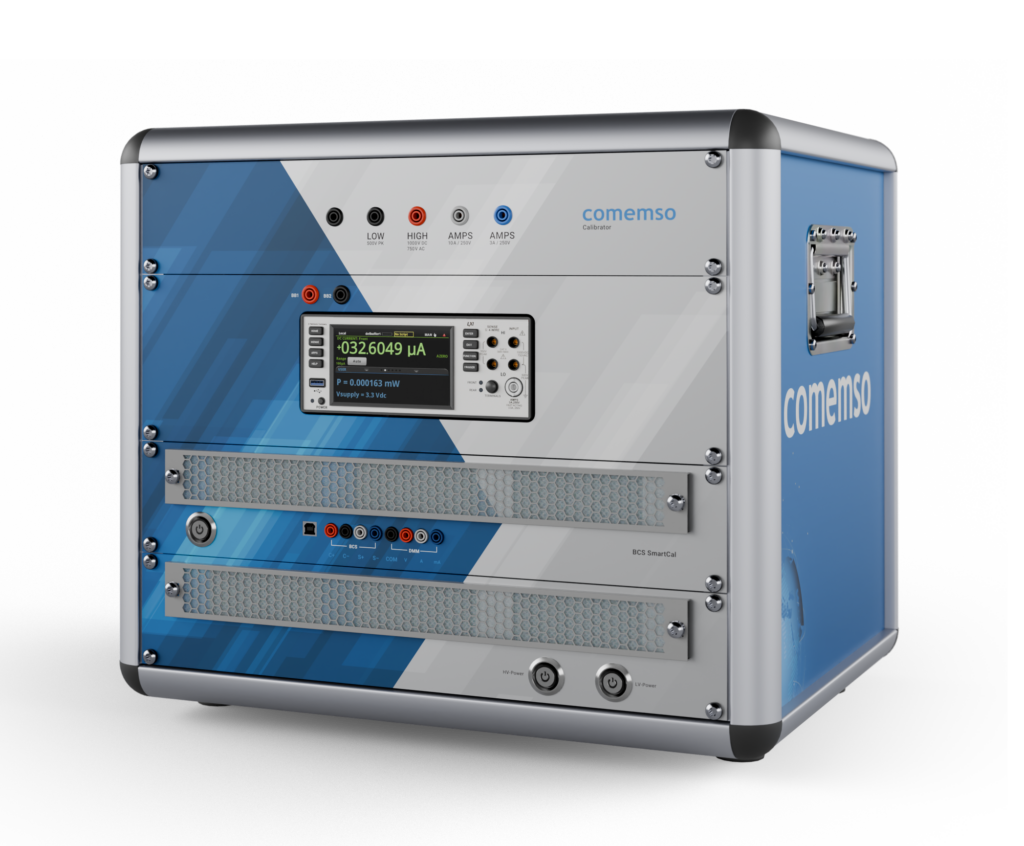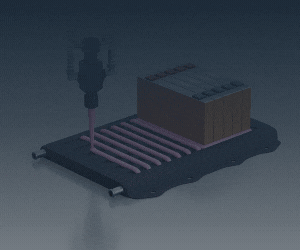comemso’s decentralized calibration breaking the BMS testing bottleneck

(Image courtesy comemso)
Battery management system validation has become increasingly critical as electric vehicle manufacturers push for higher energy densities and more sophisticated battery control strategies. The challenge for BMS developers lies not just in creating robust control algorithms, but in maintaining the precision of their testing equipment over extended periods of operation.
Precision measurement integrity represents a fundamental bottleneck in BMS development workflows. Traditional calibration approaches require shipping expensive test equipment back to manufacturers, creating weeks of downtime that can severely impact development timelines. This becomes particularly problematic for automotive OEMs operating under aggressive electrification schedules, where any interruption to validation testing can cascade through entire product development cycles.
The recently introduced SmartCal system from comemso electronics addresses this challenge through decentralized calibration capabilities that bring laboratory-grade precision directly to the development site. The system centers around a 6.5 digit digital multimeter calibrated to ISO 17025 standards, enabling voltage and current measurements with the accuracy required for modern BMS validation across all simulator channels.
What sets this approach apart is the integration of automated workflows that minimize human intervention during calibration procedures. The system automatically sequences through measurement protocols while maintaining full traceability of calibration data. For facilities operating under quality management systems, all measurement data flows into a centralized database, supporting audit requirements and compliance documentation. When deployed at customer sites, the system generates comprehensive PDF calibration reports locally, eliminating the need for external data management.
Beyond verification routines, the system provides channel-specific adjustment capabilities. This proves particularly valuable in high-voltage testing environments where measurement drift can accumulate over time, especially under the thermal cycling conditions typical of automotive validation testing. The ability to correct individual channel deviations without returning equipment for factory calibration represents a significant operational improvement for laboratories managing multiple BCS units.
The broader implications extend to how battery testing laboratories structure their operations. Decentralized calibration enables more flexible scheduling of validation activities, reducing the planning constraints imposed by traditional calibration cycles. For production environments running BMS end-of-line testing, this translates to improved line availability and reduced risk of production delays due to measurement equipment downtime.
The rental option for SmartCal systems reflects the reality that many development programs require temporary scaling of testing capabilities. This proves particularly relevant for automotive suppliers who may need to rapidly expand validation capacity during pre-production phases, then scale back during production ramp.
As BMS architectures continue evolving toward more distributed topologies with higher channel counts, maintaining measurement accuracy across all monitoring points becomes increasingly complex. The automated calibration approach demonstrated by SmartCal suggests a path toward more resilient test infrastructure that can adapt to the demanding precision requirements of next-generation battery management systems.
The development represents part of a broader trend toward bringing calibration and maintenance capabilities closer to the point of use, reducing the logistical overhead that has traditionally constrained high-precision measurement in battery development environments.
Click here to read the latest issue of E-Mobility Engineering.
ONLINE PARTNERS





















